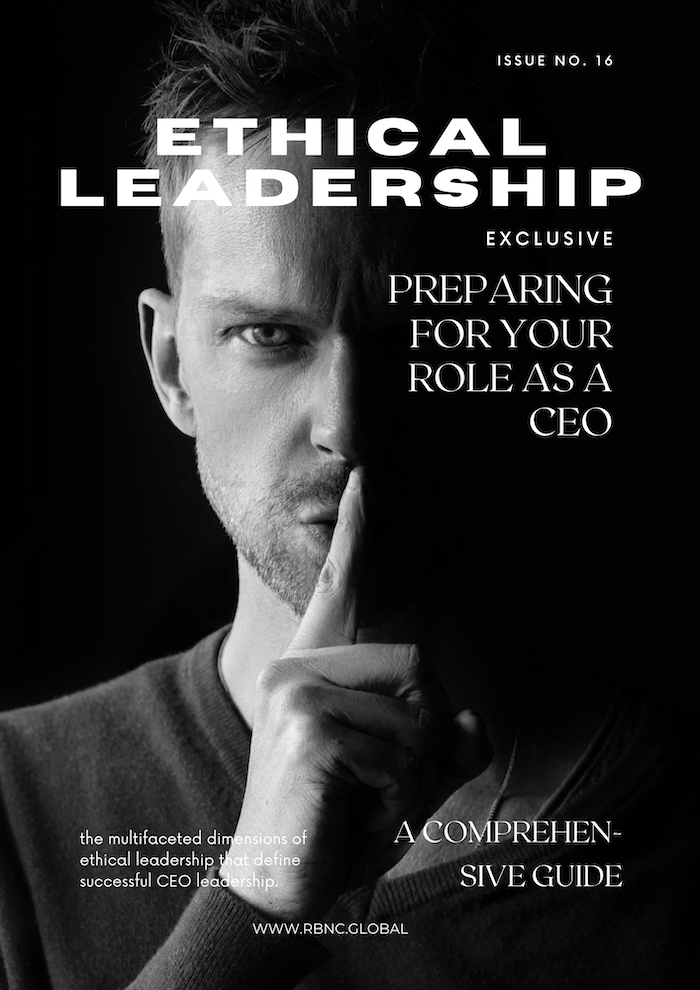Ethical Leadership - The CEO Skills
Ethical leadership is a hallmark of exceptional CEOs. CEOs who prioritize ethical considerations in their decisions and actions set the tone for a culture of integrity, accountability, and responsible business practices. In this section, we'll explore the multifaceted dimensions of ethical leadership that define successful CEO leadership.
Values Alignment:
CEOs skilled in ethical leadership ensure that their decisions and actions align with the organization's core values and ethical principles. They lead by example, demonstrating that ethical behaviour is a non-negotiable standard.
- Modeling Integrity: CEOs exhibit honesty, transparency, and ethical behaviour in all interactions. Their actions mirror the ethical expectations they set for employees.
- Values Communication: These CEOs consistently communicate the organization's values, emphasizing their importance in guiding decision-making at all levels.
Long-Term Consequences:
Exceptional CEOs consider the long-term ethical implications of their decisions. They recognize that ethical breaches can harm the organization's reputation, erode trust, and have far-reaching consequences.
- Stakeholder Impact: CEOs proficient in considering long-term consequences assess how their decisions impact various stakeholders, including employees, customers, investors, and the broader community.
- Ethical Dilemmas: These CEOs navigate complex ethical dilemmas with thoughtfulness, taking into account multiple perspectives and choosing the option that aligns with their values.
Accountability:
Successful CEOs take ownership of their decisions and actions. They understand that accountability is a key component of ethical leadership and hold themselves responsible for the outcomes.
- Transparent Communication: CEOs skilled in accountability communicate openly about their decisions, both successes and failures, to build trust and maintain transparency.
- Learning from Mistakes: These CEOs view mistakes as opportunities for growth. They acknowledge when errors occur, take corrective actions, and share lessons learned with the organization.
Social Responsibility:
CEOs with ethical leadership prioritize corporate social responsibility (CSR). They align the organization's strategies with actions that positively impact society, the environment, and the community.
- Community Engagement: CEOs proficient in social responsibility initiate community engagement initiatives and collaborate with stakeholders to address societal challenges.
- Sustainable Practices: These CEOs integrate sustainability into their business operations, focusing on minimizing environmental impact and ensuring ethical sourcing and production.
Conclusion:
Ethical leadership is not merely a personal quality; it's a strategic imperative for CEOs. CEOs who prioritize values alignment, consider the long-term consequences of their decisions, embrace accountability, and champion social responsibility create an organizational culture that values integrity and responsible behaviour. By embodying ethical leadership, CEOs inspire trust, foster ethical decision-making throughout the organization, and contribute positively to the wider business landscape and society as a whole.
Back to: Chapter 2: Essential Skills and Qualities of a CEO









